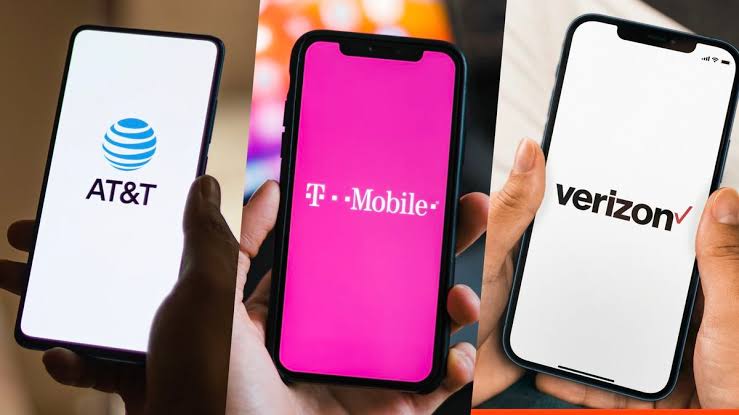FCC’s Proposed Rule for Mandatory Phone Unlocking Rule Faces Backlash from T-Mobile and AT&T
In June, the Federal Communications Commission (FCC) announced a proposal that could significantly alter the mobile telecommunications landscape in the U.S. The initiative aims to require carriers to unlock all phones within 60 days of activation, fostering greater consumer choice and competition. While the proposal has garnered unanimous support from the FCC commissioners, reactions from major telecom companies have been mixed, with AT&T and T-Mobile opposing the change, and Verizon surprisingly backing it.
Initially, the FCC sought public input on the proposed unlocking policy, which would grant consumers the ability to switch carriers more freely. By July, the FCC’s five-member commission unanimously approved the plan for further review. However, this does not mean the rule will be implemented immediately; the FCC is still evaluating its legal authority to enforce such regulations.
Concerns from AT&T and T-Mobile
AT&T and T-Mobile, two of the largest U.S. carriers, have voiced strong opposition to the proposal. AT&T’s concerns are more reserved, suggesting that the rule could limit its ability to provide affordable devices. The company often subsidizes smartphone costs through long-term contracts, and a shorter unlocking window could complicate these offers.
T-Mobile has taken a more aggressive stance, warning that the proposal could disrupt its device payment plans and services. The “Uncarrier” even hinted that it might abandon its payment plans if the rule goes into effect. T-Mobile argues that the FCC lacks the legal authority to impose such a mandate, claiming it would impose significant economic burdens on the company.
Clint Odom, T-Mobile’s Vice President of Government Affairs, expressed these concerns in a letter to FCC Commissioner Geoffrey Starks, stating that the Commission failed to provide clear statutory authority for the unlocking mandate. He referenced a 2022 Supreme Court ruling that requires explicit Congressional permission for regulations with broad economic implications, labeling the unlocking issue a “major question.”
In stark contrast, Verizon has publicly supported the FCC’s proposal. This backing isn’t purely altruistic; it stems from a 2008 agreement with the FCC concerning its use of the 700MHz spectrum. Under this agreement, Verizon already committed to unlocking devices promptly, and in 2019, the FCC formalized a 60-day unlocking window to combat potential fraud linked to device payment plans.
For Verizon, supporting this rule poses no new challenges, as it is already in compliance. In fact, backing the FCC could strengthen Verizon’s competitive position. With its existing policy, Verizon customers can easily switch networks, while AT&T and T-Mobile customers face more stringent unlocking restrictions. A uniform 60-day rule would level the playing field, potentially making competitors more susceptible to customer loss.
Implications for Consumers and the Industry
The potential impact of the FCC’s proposed rule extends beyond the telecom industry, with significant implications for consumers. Advocates, including consumer group Public Knowledge, argue that the rule would especially benefit low-income customers by facilitating easier carrier switches and fostering competition, which could lead to lower prices and better services. Additionally, a smoother unlocking process could enhance the secondary smartphone market, allowing for easier buying and selling of used devices.
However, AT&T and T-Mobile warn that the rule could disrupt their business models. For instance, T-Mobile’s payment plans allow customers to pay off devices over time, but an expedited unlocking process might lead to customers leaving before fulfilling their obligations. Both companies are expected to mobilize resources to challenge the proposed regulation.
As the debate unfolds, a key question remains: will Congress step in? With T-Mobile challenging the FCC’s authority, legislative action might be necessary. However, if Congress does intervene, the FCC could argue that Verizon’s implementation of a 60-day policy has been successful without major disruptions.


Comments are closed.